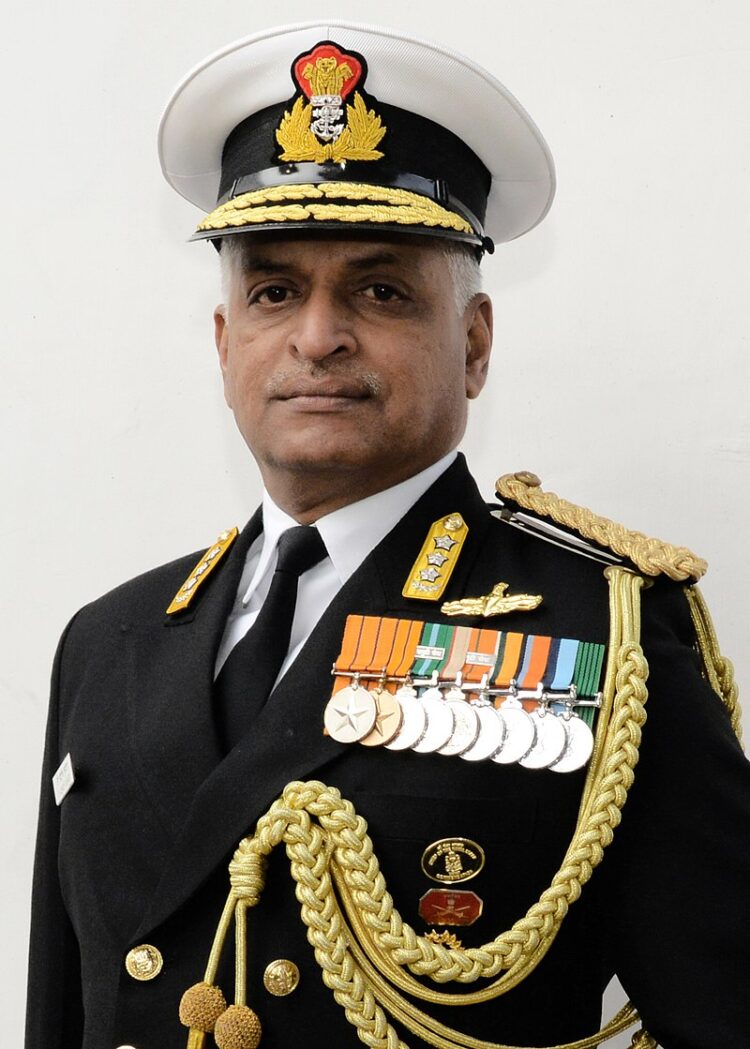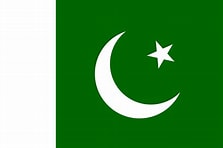The appointment of Vice Admiral G Ashok Kumar (Retd), the former vice chief of the naval staff, as the country’s first national maritime security coordinator could not have come a moment too soon. For a country whose security, and economic wellbeing is inextricably linked to the sea, the lack of such a coordinator for 75 years was in itself inexplicable.
Maritime security goes much beyond traditional territorial or military security. The maritime domain has no defined borders. Movement of ships flying foreign flags is permitted even within territorial waters, which extend 12 nautical miles from the coast. This also includes the movement of foreign warships and submarines making “innocent” passage in accordance with the U.N. Convention on the Law of the Sea (UNCLOS), which has defined these limits stipulating that the latter have to transit on the surface.
From a territorial security perspective this also implies that there is no restriction on a country deploying its warships and submarines just beyond another country’s territorial waters without it being construed as hostile. This is very different from armies and air forces being forward deployed, which is often construed as displaying hostile intent. The ongoing stand-off in Ukraine is such an example. While the deployment of Russian troops on the border is being seen as hostile, the Russian naval deployment in the Black Sea (on its own) is not.
India’s peninsular conformation notwithstanding, its destiny is firmly anchored in the maritime domain. It is blessed with a favorable maritime geography, with its peninsular tip jutting into the center of the Indian Ocean and straddling some of the most critical international sea lanes.
The nature of the maritime threat is also changing. While traditional state-on-state conflict remains the raison d’etre of navies worldwide, the rise of the asymmetric, subconventional transnational threat has a destabilizing potential that often requires a disproportionate response by naval forces. During the heyday of Somalian piracy, more than 20 navies were deployed to contain a few young misguided elements sporting AK-47s in little skiffs who were literally able to hold global trade to ransom.
In India the requirement of a coordinated approach to maritime security was highlighted following the tragic events of November 26, 2008 when a motley bunch of seaborne terrorists were able to enter India’s financial capital on an innocuous fishing boat and unleash well-coordinated carnage that left the country stunned and the response much to be desired. This was not the first time Mumbai had been targeted. In 1993 explosives landed on the Gujarat coast and were used to carry out a series of equally audacious and well-coordinated explosions across Greater Mumbai with considerable loss of life.
For some reason, that attack did not elicit the kind of response one would have expected from the security establishment. Fortunately, the events of November 2008 resonated at the right levels and led to a complete restructuring of the national coastal security architecture with clearly defined responsibilities and a robust command and control structure. However, during the course of implementing this structure, the differing, and at times, conflicting priorities of numerous departments and ministries involved in national maritime governance came to the fore. The Indian Navy at that time itself had suggested an empowered authority to coordinate effective governance of the maritime domain. However, for reasons that are not difficult to guess, it did not find the required traction in the highest echelons of government. The appointment of a national maritime security coordinator (NMSC) is therefore a very welcome development.
The maritime domain is beset by numerous challenges and India, as the leading Indian Ocean power has to not only address the regional challenges but also ensure that its pre-eminence in the Indian Ocean region is not challenged. India has taken a leadership role in shaping the regional maritime contours with the prime minister’s SAGAR (security and growth for all in the region) doctrine and the recent Indo-Pacific Oceans Initiative (IPOI). As a provider of net security in the Indian ocean region, India is often the first responder in humanitarian crises besides championing the cause of combating climate change and achieving the Sustainable Development Goals, which include many aspects of the maritime domain. The prime minister has often highlighted the centrality of the maritime domain in India’s future development, which further emphasizes the need for a holistic and coordinated approach toward maritime security. It is hoped that the appointment of the national maritime security coordinator will address this requirement.
Source
https://thediplomat.com/2022/02/india-appoints-1st-national-maritime-security-coordinator/








